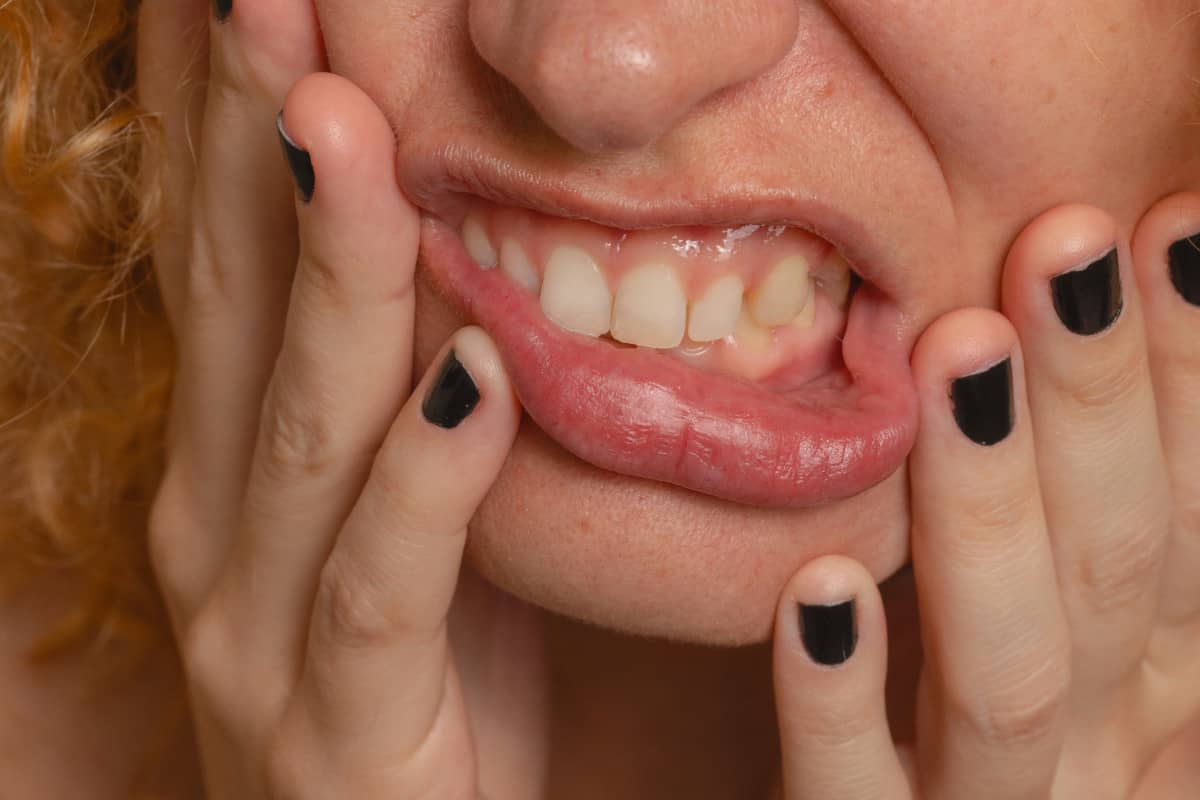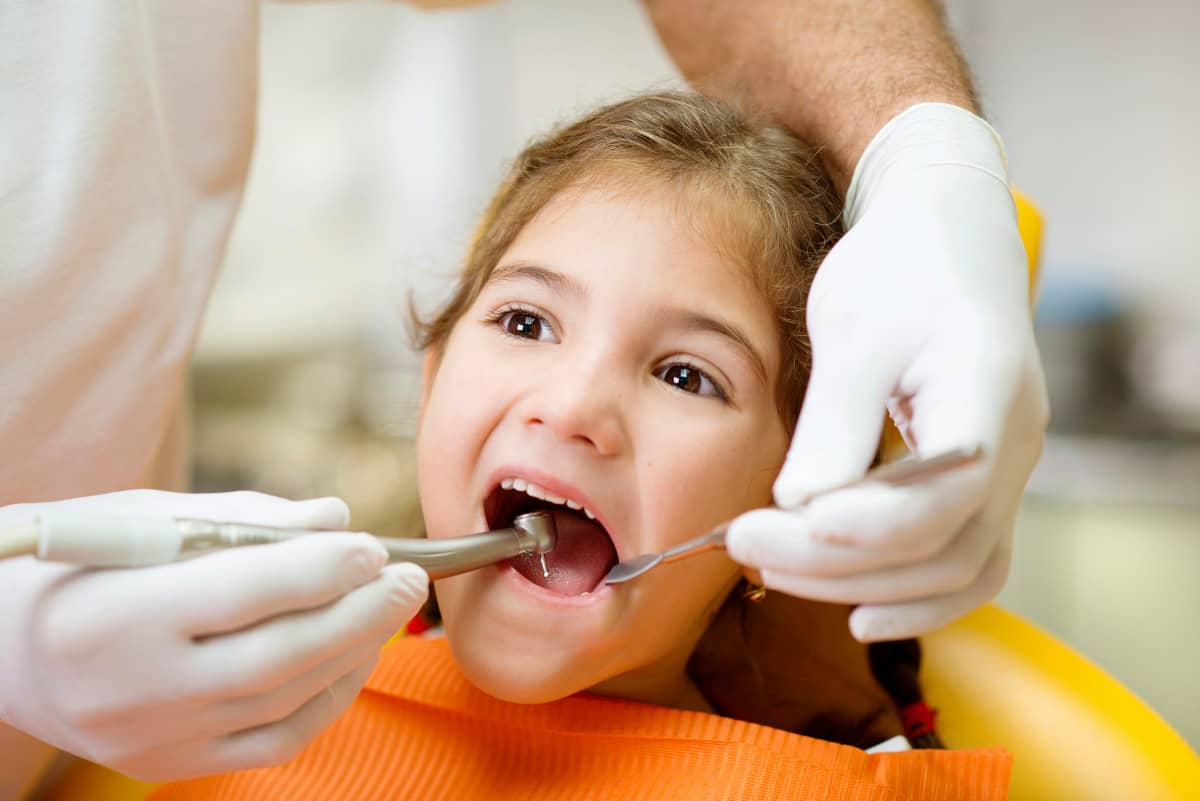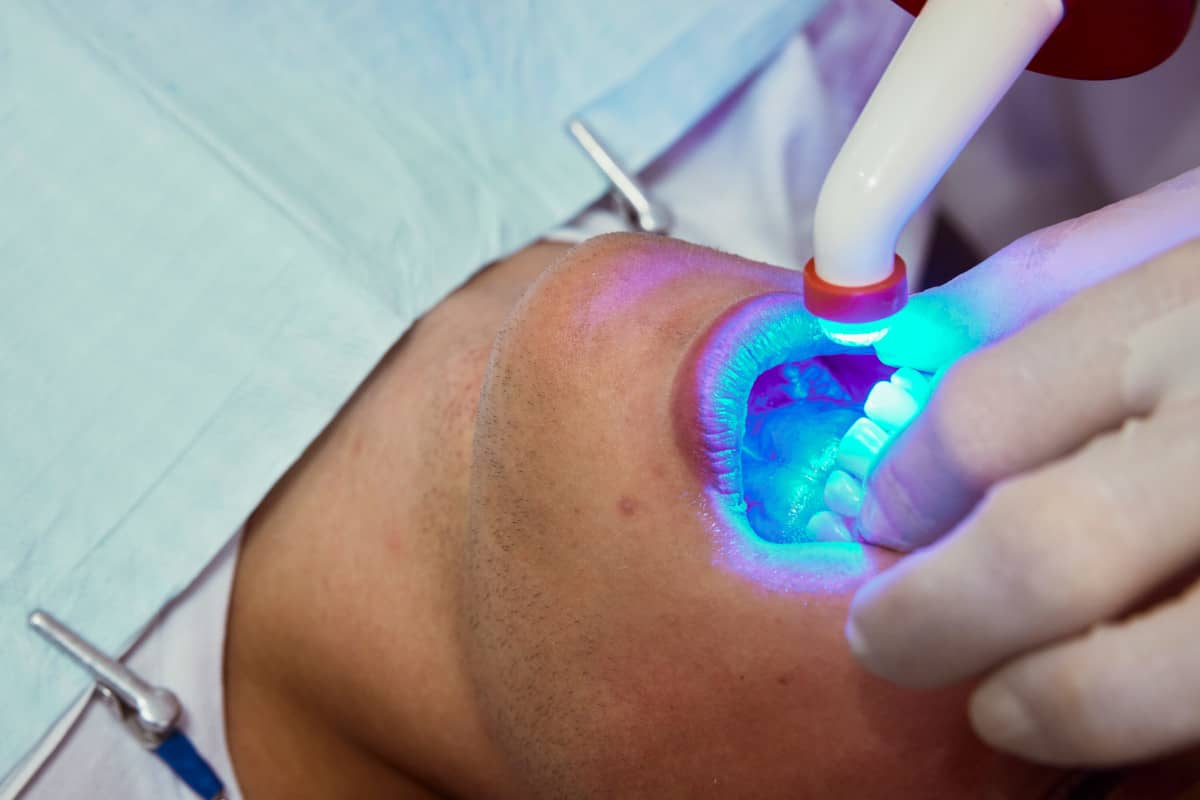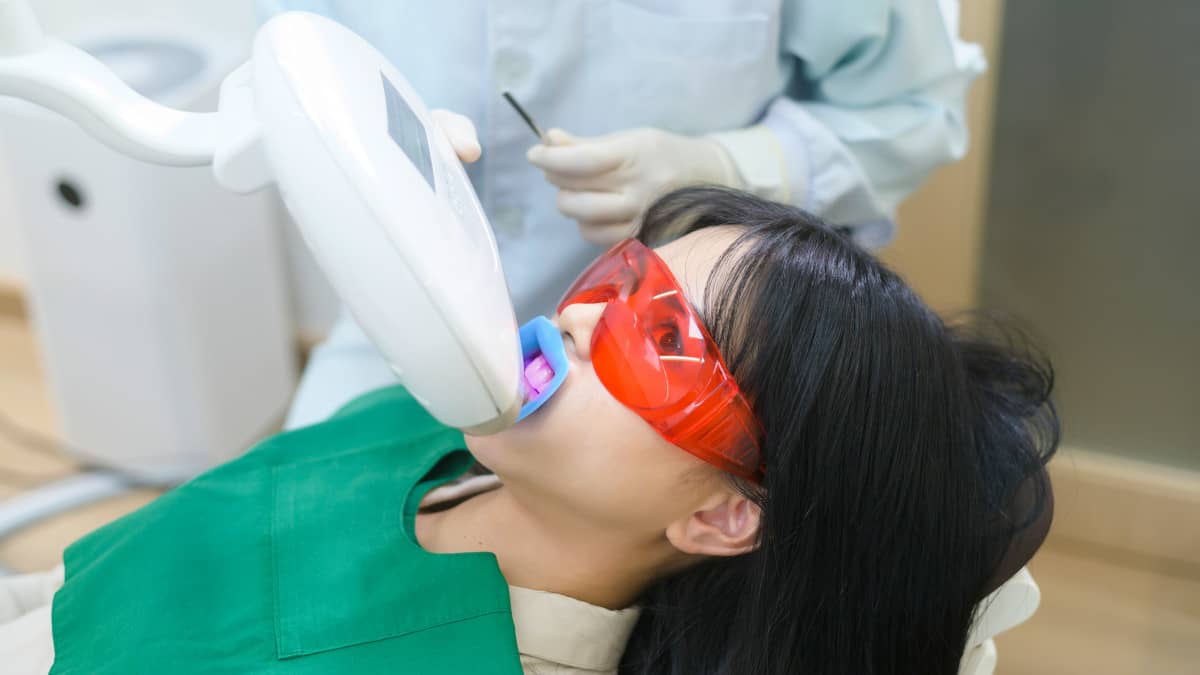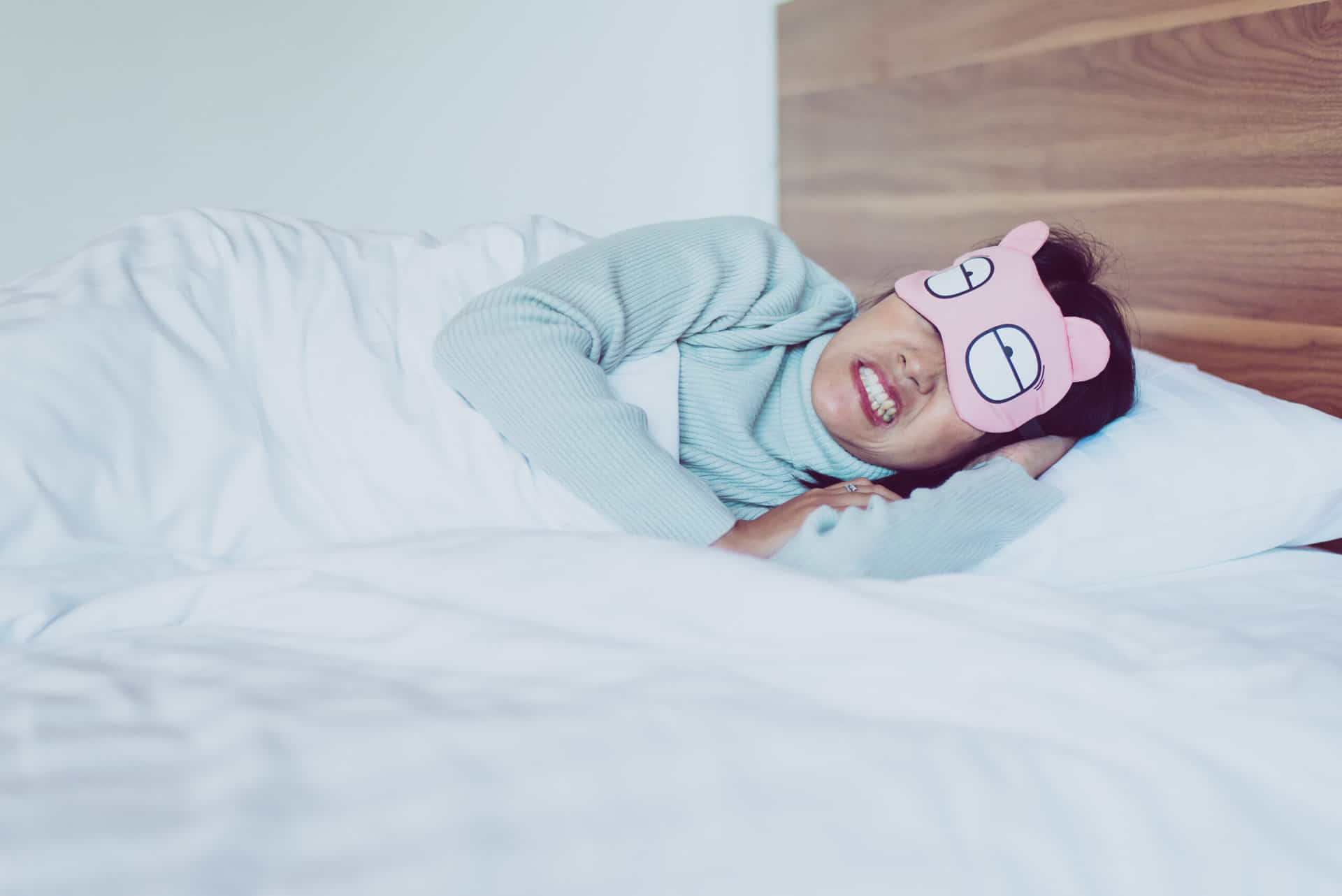
How does bruxism work in children?
We associate bruxism with the problems of adulthood that generate stress, anxiety and depression.
However, it is possible to find bruxism in babies and even more frequently in children and young people, a practice that generates problems in the medium and long term and which it is advisable to identify, prevent and resolve if it occurs.
Bruxism in babies and children
What is infant bruxism?
2.How to detect bruxism in children.
3.The reasons for bruxism in children.
4.How to avoid bruxism in children.
Treatment of child bruxism at Udemax Clinics.
What is child bruxism?
If bruxism is the involuntary and non-functional movement of teeth during the day or night that produces clenching or grinding of teeth, infantile bruxism is that which occurs at an early age.
Is it possible for children to suffer from bruxism? Yes, indeed, children can suffer from bruxism from an early age. In fact, bruxism is increasingly present in children from 3 to 8 years of age, at which time the infant makes the change of dentition and the affectation of the ailment begins to diminish.
Eighty percent of the population, including children, have suffered from bruxism at some point in their lives. Childhood bruxism occurs more frequently in children with Down’s syndrome, cerebral palsy or dental malocclusion.
Childhood bruxism tends to occur more intensely in the early stages of night-time sleep, and then ceases when sleep reaches the REM phase, the time of deep sleep.
If the habit persists once the child has permanent teeth, the consequences could be pain in the temporomandibular joint, increased tooth sensitivity, hypertrophy of the masticatory muscles, headache or progressive wear of the teeth.
Positive habits in preparation for a visit to the dentist
- Be treated by a paediatric dentist. As explained above, training and experience gives the paediatric dentist the sensitivity to gain the child’s trust, as well as knowledge of specific childhood conditions and their treatment.
- Explain the importance of teeth. Take time to explain that teeth, unlike other parts of our body, do not last forever if they are not taken care of. Explaining the role of bacteria in our mouth and why they must be eliminated will help them understand the importance of regular oral hygiene.
- Songs and videos. Children, at an early age, receive information much more effectively in the form of play. Music, gesticulation and dance are elements that facilitate learning.
- Regular visits. Turning visits into something routine, where we carry out an exploration that does not generate any type of intervention, together with the pedagogy of the paediatric dentist, makes the child feel secure in the consultation.
- Accompany your child at all times. You are the person who protects them. If you are there, nothing bad can happen to them and, whatever happens, they know that it is for their own good.
- Explain the process to them, help them visualise it. Explaining the check-up step by step to the child will help them to know exactly what will happen, eliminating from their imagination scenes that will never happen, generated by fear of the unknown.
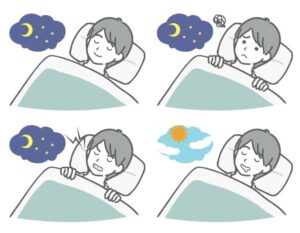
How to detect bruxism in children
If bruxism is intense, it will be family members who will notice the grinding or clenching of the teeth during the child’s sleep and, in some cases, during the day. Jaw pain and headaches can be symptoms of this condition.
The paediatric dentist will be the professional who will be able to detect it in one of the regular check-ups when the enamel is worn.
The reasons for bruxism in children
Child bruxism is not always related to anxiety. While it is true in some cases, it is also possible that bruxism is due to other causes that must be identified in order to treat the condition appropriately.
Anxiety, nervousness, hyperactivity
Problems at school, relationship problems with classmates or teachers, an excessive load of extracurricular activities, exhaustion and family problems may be some of the reasons that cause emotional tension in the child that manifests itself through teeth grinding or clenching.
Parasites
The presence of intestinal parasites or worms in the anus is another reason why a child may suffer from bruxism.
Insomnia
Tiredness combined with insomnia or lack of restful sleep will generate stress in the child, which can manifest itself in teeth grinding.
Malocclusion
When the upper and lower jaw are not the same size, the bite is not homogeneous, which generates extra tension that can lead to grinding.
How to avoid child bruxism
The first tip is to have an annual check-up with your paediatric dentist. There is no one better than them to detect the existence of bruxism and advise you on the appropriate solution depending on its origin.
Whatever the origin, it is advisable to carry out relaxing activities before the child goes to bed. Reducing the child’s physical activity in the hours before bedtime, reading, a chat or a warm bath will be of great help. Screens, in this case, should be avoided at all costs: no television, computers, telephones, tablets or video games.
Treatment for child bruxism
The treatment for child bruxism will be appropriate to the origin of the habit.
If the origin of the bruxism is psychological, it is important to pay attention to their emotional and mental health. If necessary, a professional psychologist will help us to make a diagnosis and guide the appropriate treatment.
Bruxism linked to changes in the child’s life may be transitory and reduce until it disappears once the situation returns to normal and routine returns to the child’s life.
If the bruxism is caused by the presence of parasites, the solution is usually simple. A treatment prescribed by your paediatrician or specialist will eliminate them, putting an end to the teeth grinding.
The treatment will be somewhat more complex, due to its duration, if the origin is due to malocclusion or dental malposition. Orthodontics can solve this problem, restoring the correct alignment to make bruxism disappear.
Treatment of child bruxism at Udemax Clinics
Our paediatric dentists are specialists in the individual treatment of children. Years of experience help us to detect child bruxism and guide parents to solve it.
If you detect that your child is showing symptoms of bruxism, call us for an appointment.
Our paediatric bruxism specialist doctors
Find here the paediatric dentists who specialise in child bruxism in Palma de Mallorca.
Dr. Cristina Martínez-Almoyna Rifá
Graduate in Dentistry, Master’s degree in Orthodontics and postgraduate in Paediatric Dentistry. Certified specialist in Invisalign and straight arch.
Make an appointment at Udemax Clinics, at Arcdental, your children’s clinic located in Zona Colegios, or at Emardental, your clinic in the centre of Palma. Or call us on .
ARC Dental
At Arcdental we offer the youngest patients in the family a personalised service provided by a team of specialists in children’s and teenagers’ oral health. Our aim is to offer the least invasive and most effective treatments at these ages to guarantee the development of a healthy mouth, establishing the foundations for proper oral health that will allow adults to maintain an aesthetic and functional smile for years to come.
It is important in our clinic to offer the greatest peace of mind and safety with our treatments. For this reason, we have a team specialised in paediatric dentistry techniques and preventive and corrective orthodontics that continues to be trained to apply the latest technology and guarantee excellent and long-lasting results.

